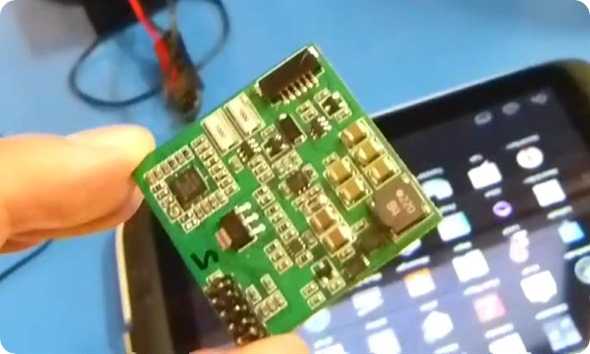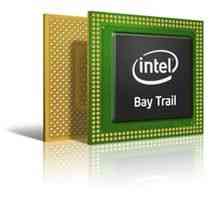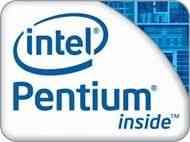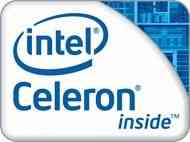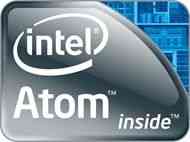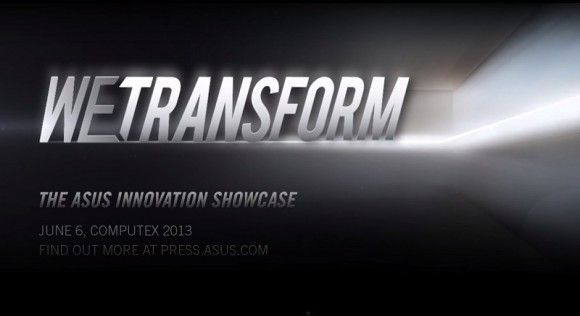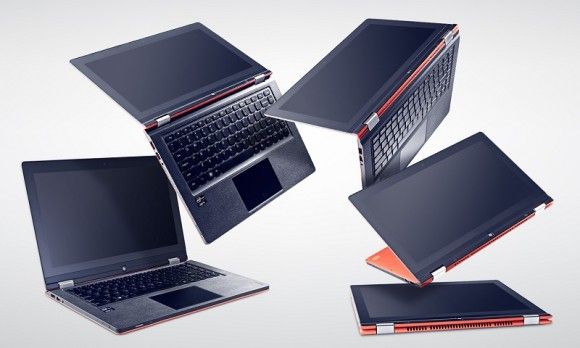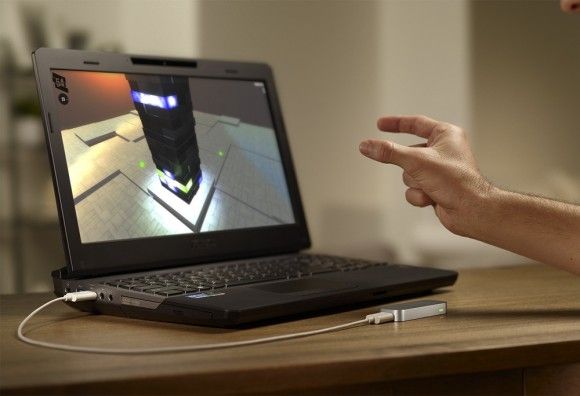One of the problems of powering laptops and tablets by solar is that you need a buffer between the module and the device in order to protect the device against wild voltage variations. Often that’s a lithium ion battery pack. In many cases the battery pack doesn’t take full advantage of low-current situations at the start and end of the suns journey across the sky. Diamond Creek is a module in development at Intels labs that solves this problem.
Tag Archive | "intel"
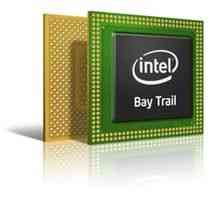
Baytrail IDF 2013 Deep-Dive Event. Notes and Images
Posted on 11 September 2013
At a Baytrail press event at IDF we’ve just had a more detailed update on what’s happening.
Baytrail is the new low-power architecture platform that scales from small tablets to 2-in-1 and desktop devices across, mainly, Android and Windows 8.
UMPCPortal BayTrail Launch article
Here are the main points, some notes and images from the event.
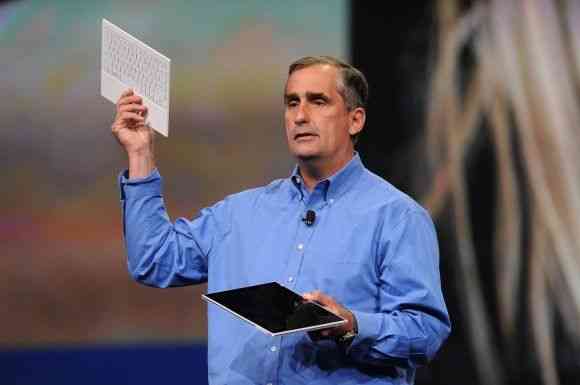
Intel Announces Bay Trail Processors for Tablets, Laptops, and Desktops
Posted on 11 September 2013
Today at IDF 2013 in San Francisco, Intel is announcing it’s next-generation of low-power Atom, Pentium, and Celeron processors, codenamed ‘Bay Trail’. Intel says that Bay Trail processors will be suitable for tablets, laptops, AIO desktops, and “sleek mobile devices.”
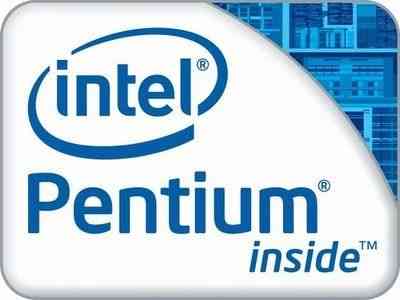
Pentium and Celeron Brands to Be Used for Bay Trail Atom Tablets, Notebooks and Desktops
Posted on 29 August 2013
It looks like Pentium and Celeron branding will be used on Atom chips when Baytrail launches. And why not? As Haswell/Core reaches down into sub 10W territory, where Netbooks used to operate, and Baytrail reaches up into power bands above where Atom Netbooks were, there’s a big overlap. Intel will slap the Pentium and Celeron brands on Atom products. It could be an attempt to re-brand Atom for Windows and Android based devices.
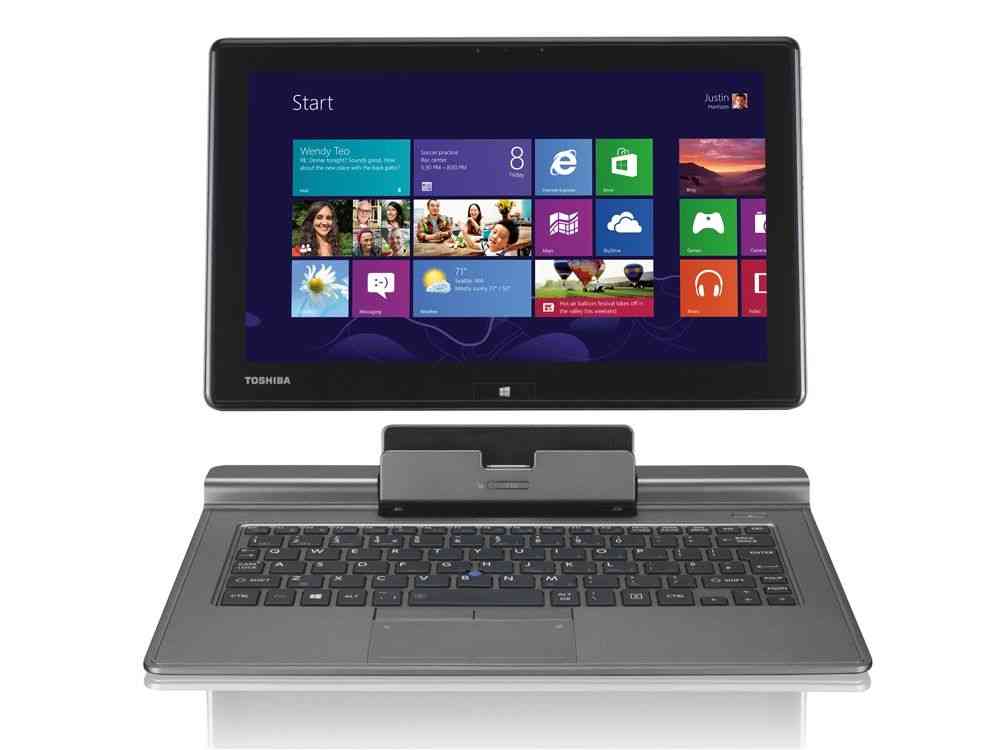
Do You See the PC Opportunity in the Growing Tablet Space?
Posted on 29 May 2013
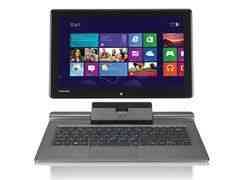 I read a few IDC new releases today. The PC outlook is bad. The Tablet outlook is good.
I read a few IDC new releases today. The PC outlook is bad. The Tablet outlook is good.
Take another look though, ignore some of the news articles riding on the back of the headline PR and you’ll see something interesting. Firstly there’s no obvious consideration of PC evolution into the tablet market. Secondly, there’s a huge opportunity opening up in the 8-13 inch segment. As tablet users start to prefer those smaller, cheaper tablet devices, more value and capability is needed in the larger screen segment.

Asus Teases ‘We Transform’ for Computex 2013 — Expect Haswell Designs
Posted on 18 May 2013
Asus loves their teaser videos. Last week they put out a teaser about their forthcoming appearance at the annual Computex conference in Taipei, Taiwan. There’s not much to go on except for their slogan ‘We Transform’. With their commitment to convertible designs over the last year, we expect to see more of the same (a good thing). This time around, expect thinner and lighter devices with better battery life thanks to Intel’s forthcoming Haswell processors.

Why My Next Ultrabook Will Be a Convertible
Posted on 23 April 2013
The first wave of Ultrabooks brought sleek, sexy laptops to the masses. The second wave increased performance and power savings. And now, in the latter half of the second wave, and approaching the third wave, things are getting really interesting. Intel’s Ultrabook project has stimulated the creation of the most exciting laptops in recent memory. They’re calling them Ultrabook Convertibles — and I can’t wait to get one.

HP Announces Partnership with Leap Motion, Trying to Beat Intel to the Perceptual Computing Scene?
Posted on 21 April 2013
Leap Motion is an inexpensive Kinect-like 3D sensor that made waves when it was announced months ago thanks to its high fidelity low-latency tracking. The company recently announced a partnership with HP to bring Leap technology to HP products. If you’ve been following the Ultrabook realm closely as we have, you’ll know that Intel has been pushing their ‘Perceptual Computing‘ initiative in an attempt to take Ultrabooks and PCs to the next level of human-computer interaction with natural inputs like touch, gesture, voice, etc. It seems like HP may be attempting to leap-frog Intel in that regard.
 |
| |||
 |
| |||
 |
| |||
 |
| |||
 |
| |||
 |
| |||
 |
| |||
 |
| |||
 |
| |||
 |
|

